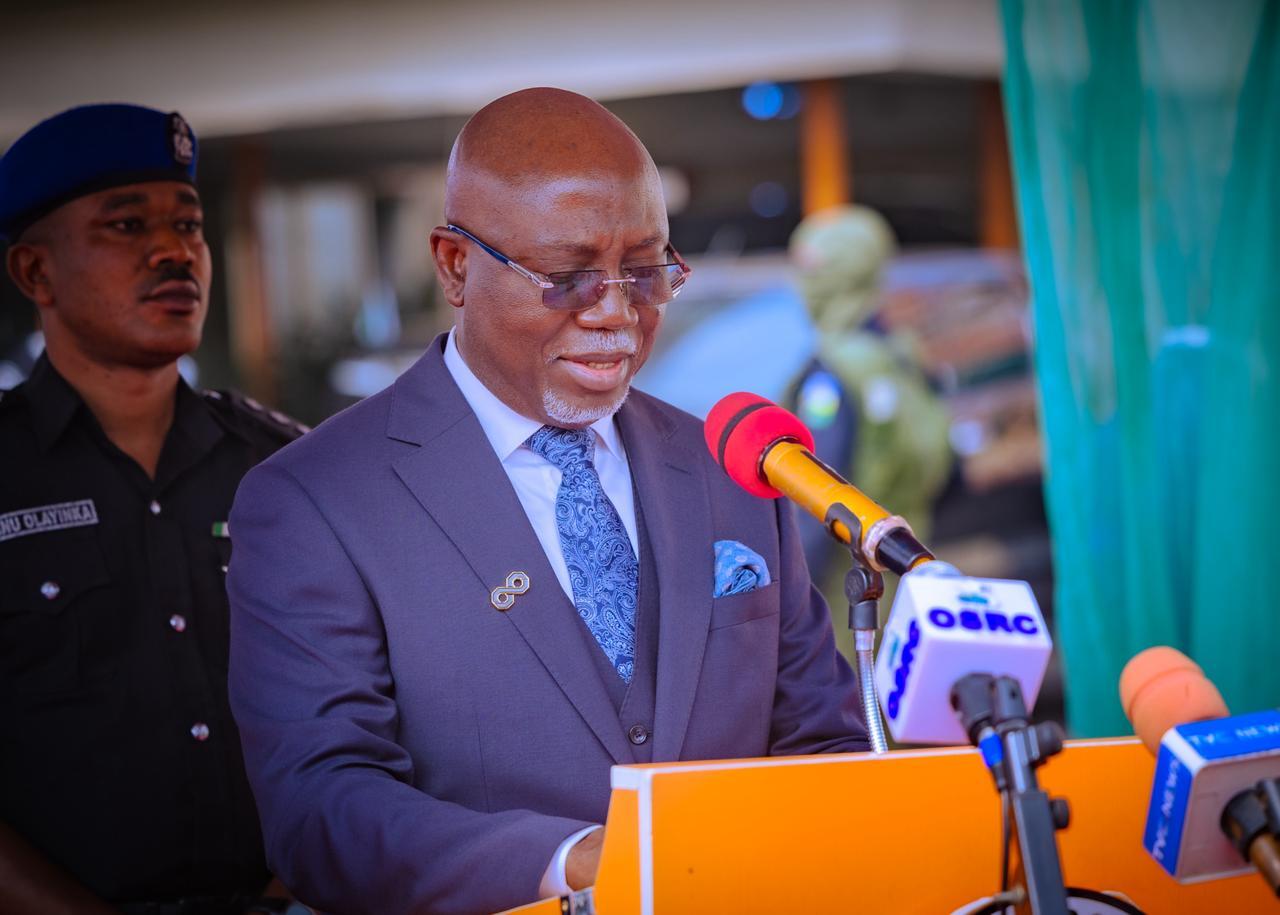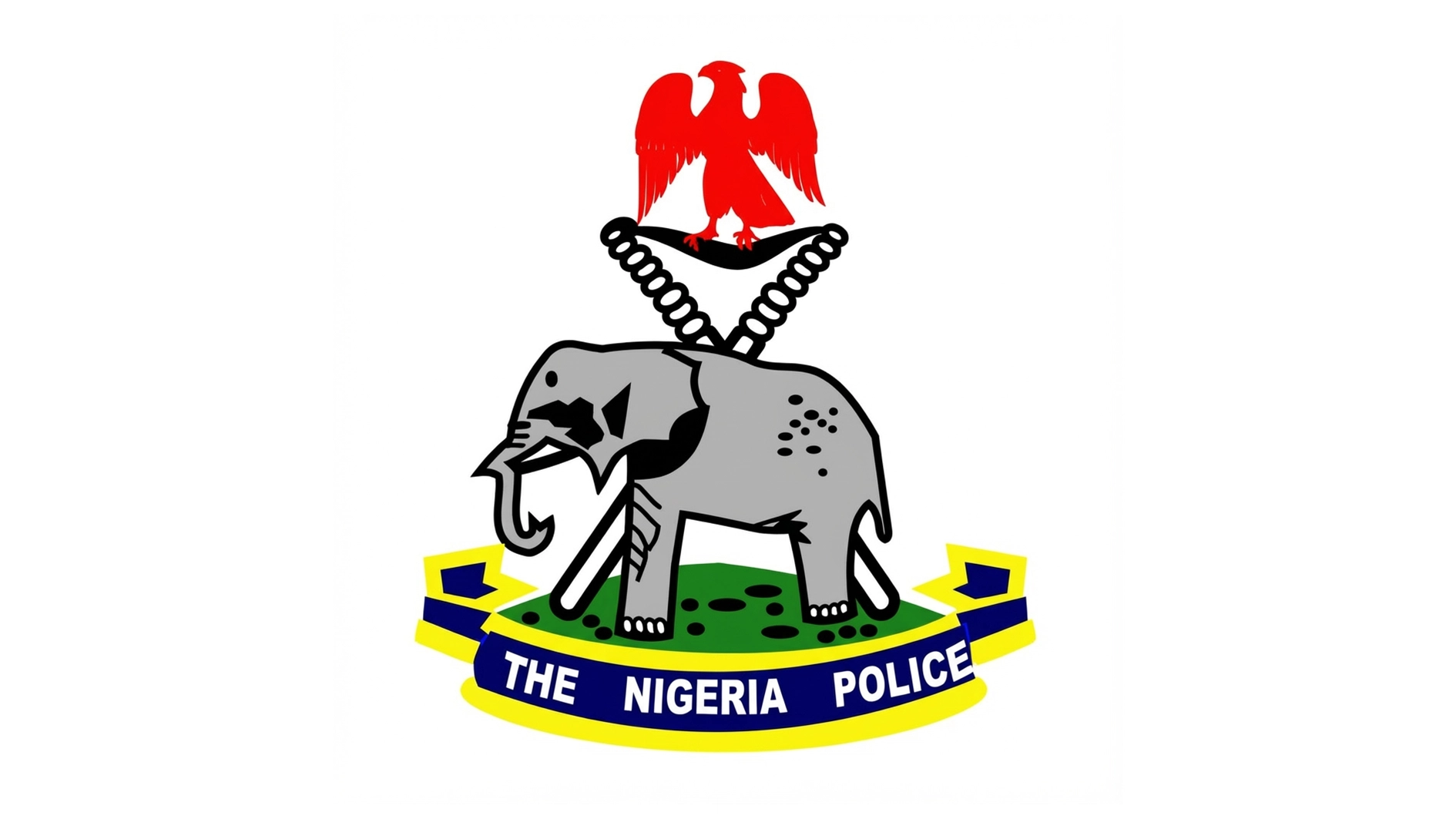
Five African countries, including Benin, Congo DRC, Gambia, Ethiopia, and Kenya, have been voted in as new members of the United Nations Human Rights Council.
The five countries will serve for three years, starting on January 1st, 2025.
The UN General Assembly elected a total of 18 members to the Human Rights Council for the 2025-2027 term, adopted a resolution on matters regarding the assessment scale for distributing the costs of the United Nations’ expenses, and concluded its debate on the high-level meeting on antimicrobial resistance since September.
The incoming members were elected by a secret ballot, replacing members whose terms of office are set to expire on 31 December 2024.
Meanwhile, 25 of the 47 Council members during 2025 will be “Friends of the Responsibility to Protect” – having appointed an R2P Focal Point and/or joined the Group of Friends of R2P in New York and Geneva.
Other countries admitted are: Bolivia, Colombia, Cyprus, Czechia, Iceland, Marshall Islands, Mexico, North Macedonia, Qatar, Republic of Korea, Spain, Switzerland and Thailand were elected to the Human Rights Council, an intergovernmental body within the UN system consisting of 47 States which is responsible for the promotion and protection of all human rights around the globe.
The outgoing members included Argentina, Benin, Cameroon, Eritrea, Finland, Gambia, Honduras, India, Kazakhstan, Lithuania, Luxembourg, Malaysia, Montenegro, Paraguay, Qatar, Somalia, United Arab Emirates and the United States.
All were eligible for immediate re-election except those members who have served two consecutive terms — Argentina, Cameroon, Eritrea, India, and Somalia.
The following states will continue to be members of the Council: Albania, Algeria, Bangladesh, Belgium, Brazil, Bulgaria, Burundi, Chile, China, Costa Rica, Côte d’Ivoire, Cuba, the Dominican Republic, France, Georgia, Germany, Ghana, Indonesia, Japan, Kuwait, Kyrgyzstan, Malawi, Maldives, Morocco, Netherlands, Romania, South Africa, Sudan, and Vietnam.
The HRC, its mechanisms and procedures, including the Universal Periodic Review (UPR), HRC-mandated investigative mechanisms, special procedures, and treaty bodies, as well as the technical assistance provided by the Office of the High Commissioner for Human Rights (OHCHR), all play an essential role in providing early warning of the risk factors that can lead to crimes against humanity, ethnic cleansing, war crimes and genocide, and provide recommendations to prevent their recurrence.






